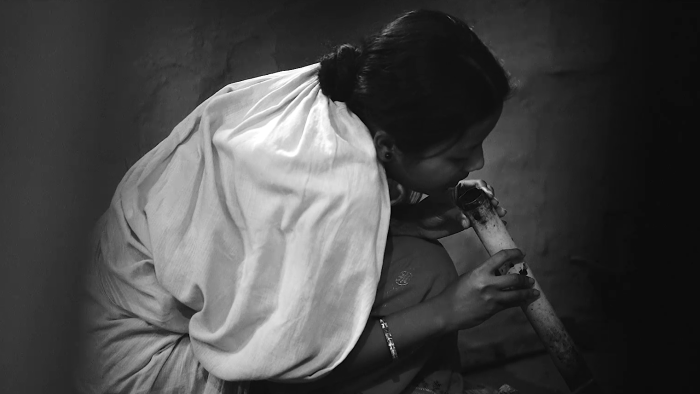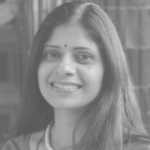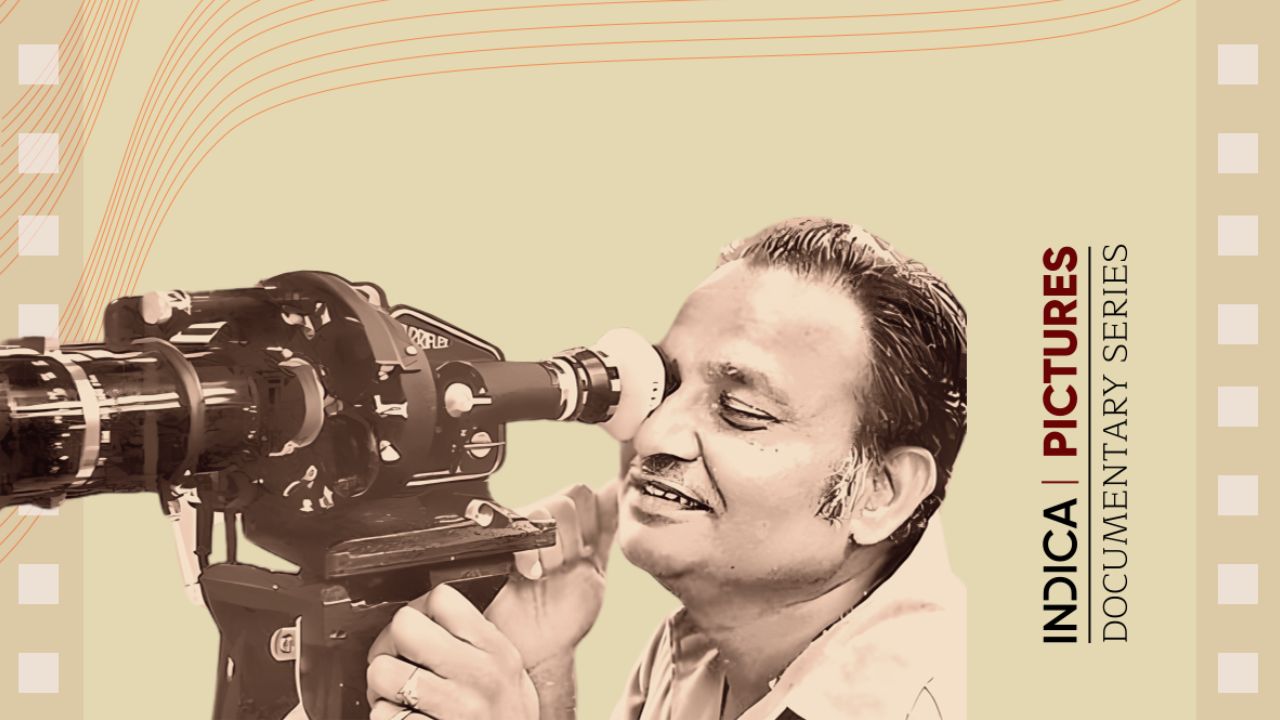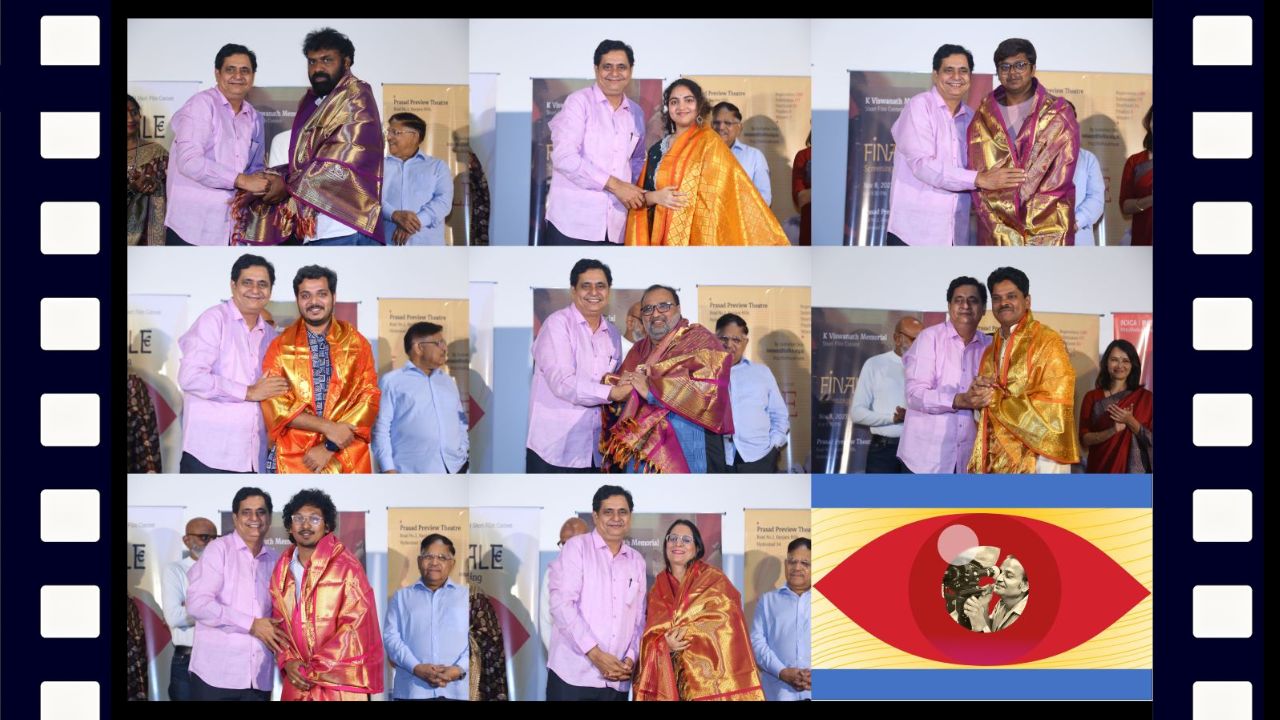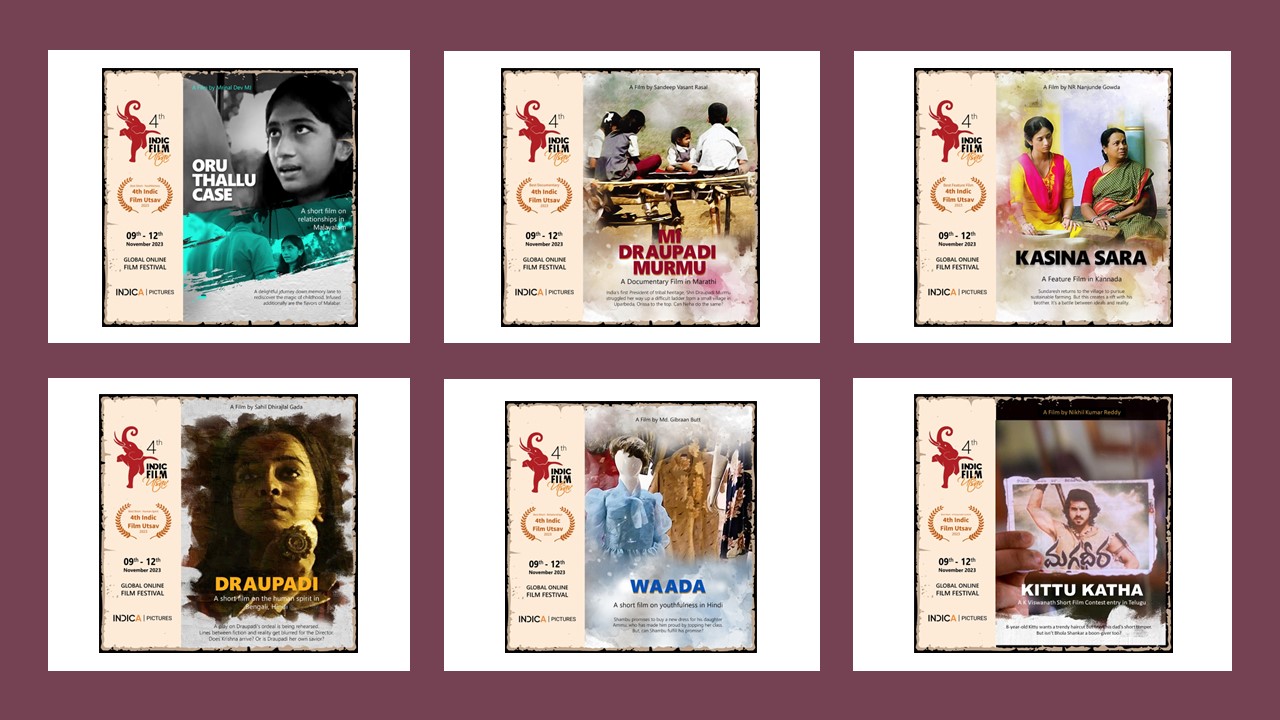The despair of the poverty stricken family worsens, when the sole bread earner of the family dies suddenly. The wife is now left with the tough choice of pulling out her children from school and putting them to work, or find a way to educate them. The story of Protyush (Ushering a Crack of Dawn) directed by Arindam Barooah is about the struggles faced by many families across India, as they try to balance hopes for a better future with pressing day to day needs.
Arindam is not a stranger to these pressures and brings them to life with great sensitivity in his films. Protyush (Ushering a Crack of Dawn) was awarded Best Short - Jury Award Special Mention in the 2020 Indica Pictures Film Festival. Arindam Barooah is also known for Panisokori (in the swirls) (2021), Daag Acche Hain (The Broader, The Better) (2019) and Endharor Bheta Bhangi (2018)
Arindam hails from Duliajan, Assam. As a child he loved watching films but did not venture into filmmaking until after finishing his engineering. In 2014 he shot his first movie titled ‘Eti Notun Prabhat: A New Dawn.’ In this interview he speaks about his inspiration.
You have grown up and lived in a land where life is not very easy for many people. You also have described a life lived with financial pressures. How does this sensitise one and make one empathetic to the struggles of others that you have portrayed so beautifully in your films.
I believe the surrounding is one of the best sources of inspiration, ideas etc. I have been fortunate enough to have met people in person and gotten to know them. It's the interaction and experience that led me to make films based on their life and put forth in front of the world.
In Protyush, you have dealt with the theme of an impoverished woman who has to make a critical decision on how to live her life on her own terms. Is this film inspired by any real life story?
As I said, the surrounding is one of the best sources of inspiration. I have come across few women who have been financially weak and are brave enough to live lives on their own terms.
You have dealt with poverty, stigma, hardship, hope through takes and shots that we describe as vilambata kalam or very slow tempo speed in South Indian Carnatic music, that allows time to dwell on the note. How do you execute this technically to describe the emotion?
Most of my films have slow paced treatment. I let the viewers experience the passage of time with respect to the characters. The treatment forces the viewers to stay with the state of mind of the character's emotion on the screen. Most of the frames highlight layers of emotions hiding beneath the surface.
You have shown great integrity to the themes by pinning them in their own environment. How do you research and execute this for greater authenticity?
Whenever I get an idea or someone shares a story to make a film, I make an effort to know about the subject/theme beforehand. I try to make myself comprehend the essence of the subject. I make a point that most of my subjects should be socially driven. They should be also from the audience's perspective, relevant to today's time and should deliver a certain message to society.

Could you briefly describe how your filmmaking has changed or expanded over the years from Panisokori.
I have become a more mature and detailed filmmaker now. I am now not in haste to do something good rather give time to make the output better. I had learned to work smoothly with a professional team where I believe filmmaking is a joint effort. I try to observe things more minutely especially both in aesthetic & technical ways.
Where do you place the success of your film from the great pool of creativity that is emerging from Assam?
I would say it's still a long way to go. Panisokori being an independent film would still have a niche audience. It won't attract a mass audience considering the subject and treatment we portrayed in the film. However, the audience's taste is changing towards better content oriented films over masala films.

